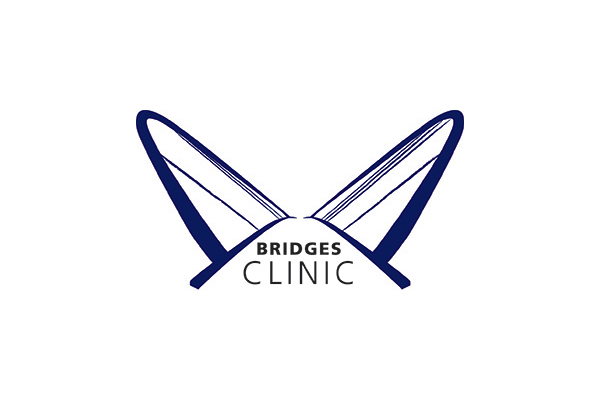Cardiomyopathy is a disease of the heart muscle which affects its size, shape and structure. Common cardiomyopathies include hypertrophic cardiomyopathy and dilated cardiomyopathy.
Cardiomyopathy is usually inherited which means it can run in families. Some members of a family may be affected more than others and some family members may not be affected or have any symptoms.
Types of cardiomyopathy
There are three main types of inherited cardiomyopathy:
- Hypertrophic cardiomyopathy (HCM)
- Dilated cardiomyopathy (DCM)
- Arrhythmogenic right ventricular cardiomyopathy (ARVC)
Another type of cardiomyopathy, Takotsubo cardiomyopathy, can be caused by extreme stress. This type is not passed on through families and often disappears in time.
Other, specialised types of cardiomyopathy include:
- restrictive cardiomyopathy (RCM)
- left ventricular noncompaction (LVNC)
- peripartum cardiomyopathy (PPCM).
You can find more information about these conditions on Cardiomyopathy UK’s website.
What does cardiomyopathy do to the heart?
The changes to your heart are different for each type of cardiomyopathy and can affect people differently. They all affect the structure of your heart and reduce its ability to pump blood around the body. They can also affect the way the electrical system makes your heart beat.
Treatments for cardiomyopathy
Although inherited cardiomyopathy cannot be cured, in most cases living with it will not affect your quality or length of life. There are many effective treatments that can help you control your symptoms such as:
- medication
- cardioversion or ablation
- pacemakers or implantable cardioverter defibrillators (ICDs)
- in rare instances, heart surgery or heart transplant.
Your consultant will be able to let you know what treatments are right for you. You may also need to make some lifestyle changes such as cutting down on the amount of alcohol you drink.
A small number of people with cardiomyopathy do experience significant symptoms which affect their life and their family’s lives. In some cases, there is a small risk of sudden arrhythmic death (SADS). It’s important to discuss this risk with your doctor. They may offer medication or advise that you need an ICD fitted if you are at an increased risk.
Testing for inherited heart conditions
Because cardiomyopathies can be inherited, you should speak to your doctor about screening for your family. It’s important that families affected by cardiomyopathy receive accurate assessment, diagnosis, treatment and support from specialists.
